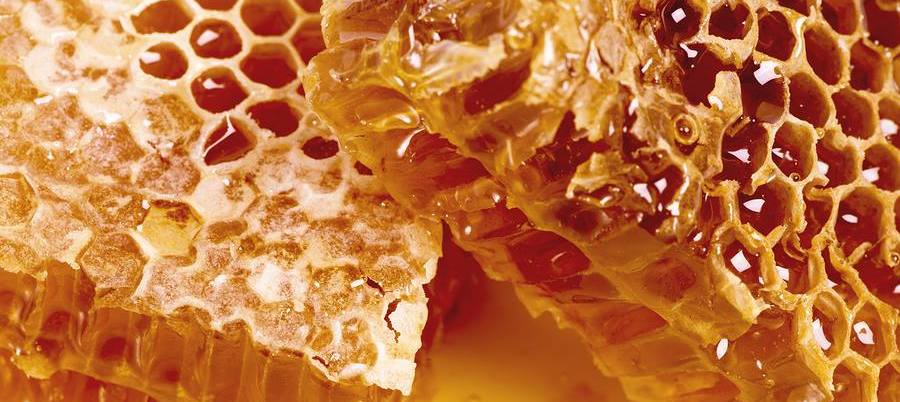Developing the Bee Garden
Posted on 25th January 2016 at 09:30
A chance meeting with a land owner whilst fettling my bees led to a discussion on converting a piece of unused pasture into the honeybee idyll. The pasture has been under grass and heaven knows what else for a decade. This triangular shape parcel of land is tricky for large machines to cultivate hence it has been "set aside" for the want of a better word.
A chance meeting with a land owner whilst fettling my bees led to a discussion on converting a piece of unused pasture into the honeybee idyll. The pasture has been under grass and heaven knows what else for a decade. This triangular shape parcel of land is tricky for large machines to cultivate hence it has been "set aside" for the want of a better word. It is roughly a right angled triangle running north/south, about 800ft (250m) long by 250ft (77m) giving approximately 9200 square meters. There is open farmland up a bank to the east, a deep tree lined water course as a boundary on the west. To the north are the back gardens of the houses on the edge of the village and the southern tip ends in a woodland.
I had a chat with the farmer's agronomist, James, and took some advise from various bodies including the Derbyshire Wildlife Trust We have come up with a loose plan or at least an order of business. When to start depends entirely on the weather. The rain we have had during December 2015, whilst not as bad as in the north and west of the country, has made the whole site very sticky. We sit on deep red clay. It will be awhile before the soil dries out enough to work. The order of business goes as follows:
Let the soil dry out
Let the weeds show themselves
Deal with the weeds. (not decided how just yet)
Mark out the various areas for planting and for access
Plough and harrow the appropriate areas
Sow seeds and roll
Hope for some rain and sun in the right amounts
The area is surrounded by Hazel, Blackthorn and Willow so early season pollen sources are provided for. The adjacent fields are sown with Oil Seed Rape so early season forage is in place. My view is that the remaining area of the meadow will be sown with mid and late season flowers. Clover is going to feature as is Phacelia. I will also have and area for a more varied mix of flowers. A number of the trees in the woodland have Ivy scrambling all over them which covers the late season pollen and nectar needs. There is a soggy spot in the middle so we will work round that. Something is bound to call it home. That is as far as I have got with the project. Now for persuading folks that own farm machinery to lend a hand on the promise of a pot of honey.
You can help by clicking HERE to make a small donation. I do not have a reward for your generosity,as yet, but I will.

Tagged as: Bee Garden, Honeybee
Share this post:







